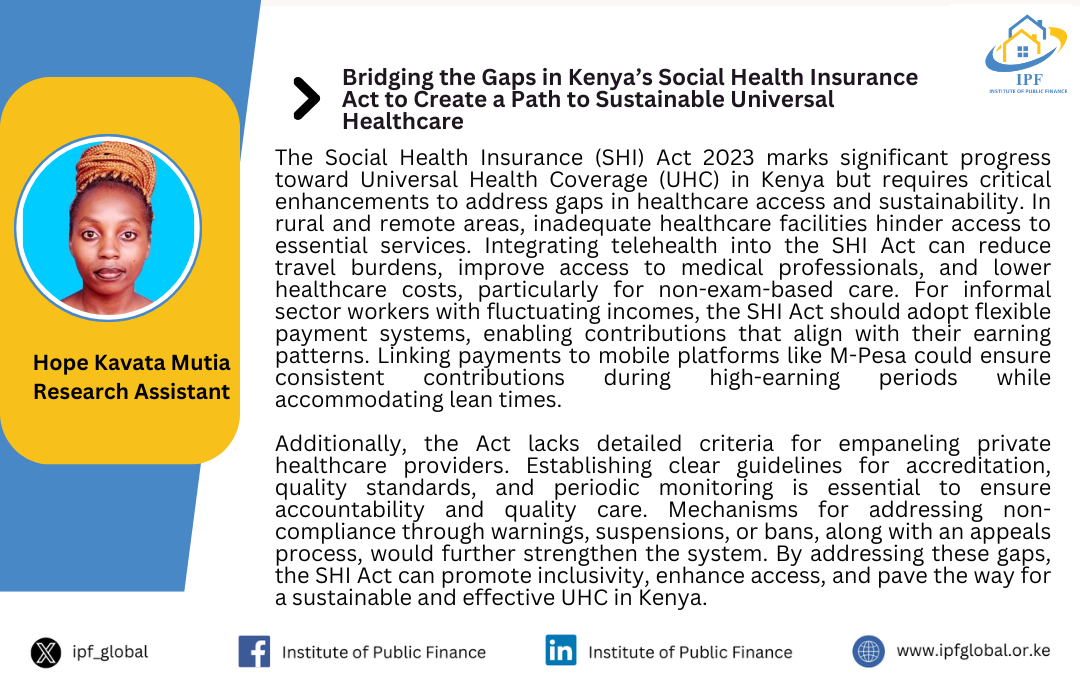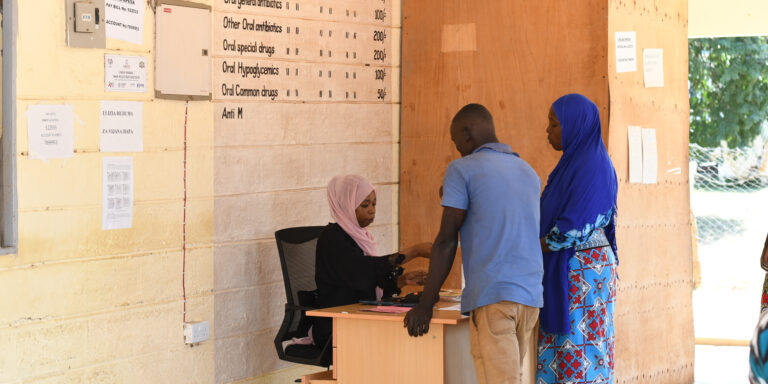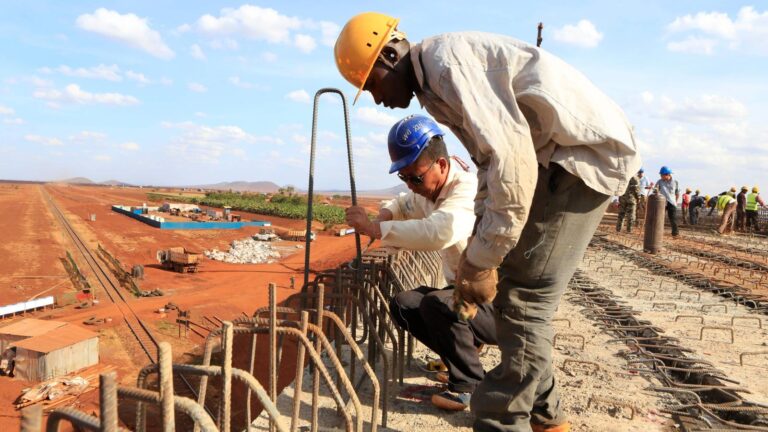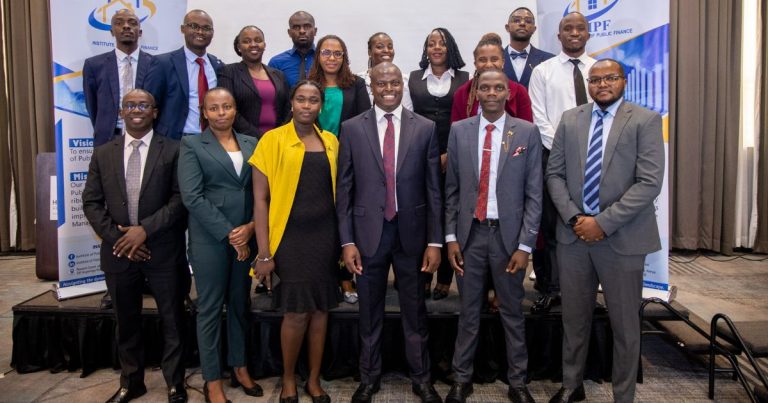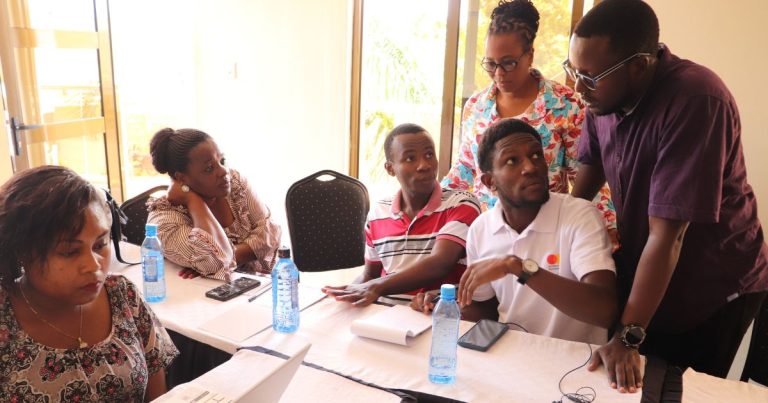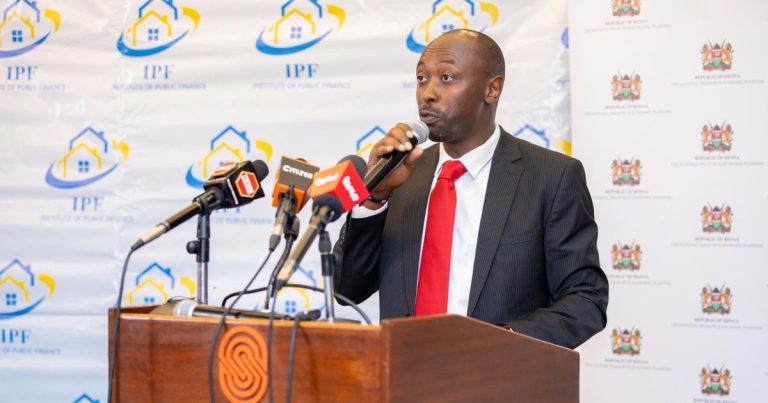Bridging the Gaps in Kenya’s Social Health Insurance Act to Create a Path to Sustainable Universal Healthcare
The Social Health Insurance (SHI) Act 2023 takes Kenya one step closer to Universal Health Coverage. However, for it to succeed, there is a need to address several gaps in the legislation. Rural and remote areas lack adequate healthcare facilities and often face challenges such as traveling long distances to receive healthcare. The introduction of telehealth can reduce some of this burden. The informal sectors often face challenges due to their fluctuating income, hence there is a need to facilitate flexible payments for these workers. Lastly, the law currently does not, but should provide a detailed guideline for the empanelment of private healthcare providers. Addressing these gaps will make the SHI Act inclusive and sustainable.
The SHI Act outlines an encompassing package of healthcare services that should be accessible to all.[1] However, insurance alone cannot guarantee access to healthcare services if there is an underlying issue with healthcare infrastructure, particularly in rural and remote areas. The use of telehealth could help. Telehealth is the use of telecommunication technologies to support remote delivery of all medical diagnostic and treatment-related services.[2] Telehealth could provide patients with quick and easy access to medical professionals resulting in early diagnosis and treatment. This model is efficient in remote areas and those with provider shortages as it provides access to resources and care for patients, reduces the need for patients to travel long distances, and is also often less expensive than in-person healthcare services. Although in-person visits are important in situations where there is a need for physical examinations, telehealth can be used as an additional tool for non-exam-based care and remote consultations.
Although the act decrees that informal sector workers should contribute a certain percentage annually to the SHIF, this method fails to take into account the uneven incomes of these workers. To ensure these workers can participate in the insurance scheme, the act should introduce a more flexible contribution regime that corresponds to informal sector earning patterns.[3] This would allow the workers to contribute a certain percentage of their earnings during high-earning periods and lower or no contributions during lean periods. To ensure that this works, SHIF could work with mobile platforms such as M-pesa to link the earnings of the informal sector workers who receive their incomes through M-pesa to monitor their income flow and ensure that they contribute whenever they receive their income.
The act states that health providers or facilities seeking to be empaneled must apply to the body responsible for accreditation. Once they are empaneled a list will be published on its website. After empanelment, the authority has up to thirty days to contact the providers and facilities for the provision of services to beneficiaries, and the accreditation body can revoke the accreditation if the provider fails to meet the required standards. However, it does not have detailed criteria regarding selecting these healthcare providers and the decision-making process for inclusion or exclusion from the empaneled list. It lacks sensible quality indicators to evaluate whether a provider meets the standards of empanelment, and it says nothing about what to do if healthcare providers fail to offer quality care. The act should have criteria for the empanelment of healthcare providers and their removal (qualifications, quality guidelines, and type of inspections).[4] It should also put in place a monitoring mechanism to periodically check healthcare facilities for compliance with the standards mentioned. Non-compliance should be followed by graduated disciplinary measures that include warnings, suspensions, or bans (based on the seriousness of violations) built within this act along with an appeal process for fairness. This would increase accountability, maintain quality care, and prevent abuse of the system.
In conclusion, the SHI Act is a positive movement towards the attainment of the UHC. However, it is crucial to make adjustments and establish measures to address these gaps and ensure its effectiveness. Integrating telehealth services into the act as part of the essential healthcare package could greatly enhance healthcare access in rural and remote areas. Furthermore, the issue of varying incomes for informal sector workers could be managed through regulations that introduce flexible income contributions. Lastly, to ensure the quality and fairness of the healthcare provider empanelment the act itself needs to be modified. These changes would help create a more inclusive and sustainable path to Universal Health Coverage.
[1] Kenya Law. (n.d.). Social Health Insurance Act, 2023. Link
[2] KUTRRH. (2023, June 16). New frontier in healthcare in Kenya – Telemedicine – Kenyatta University teaching, referral & research hospital | KUTRRH. Kenyatta University Teaching, Referral & Research Hospital | KUTRRH – Quality Patient-Centred Care. Link
[3] ILO. (2024, February 1). Extending Social Security to workers in the informal economy: Lessons from international experience. International Labour Organization. Link
[4] Ministry of Health. (2014, July). Kenya Health Policy 2014-2030. Universal Health 2030 – Health Publications. Link

